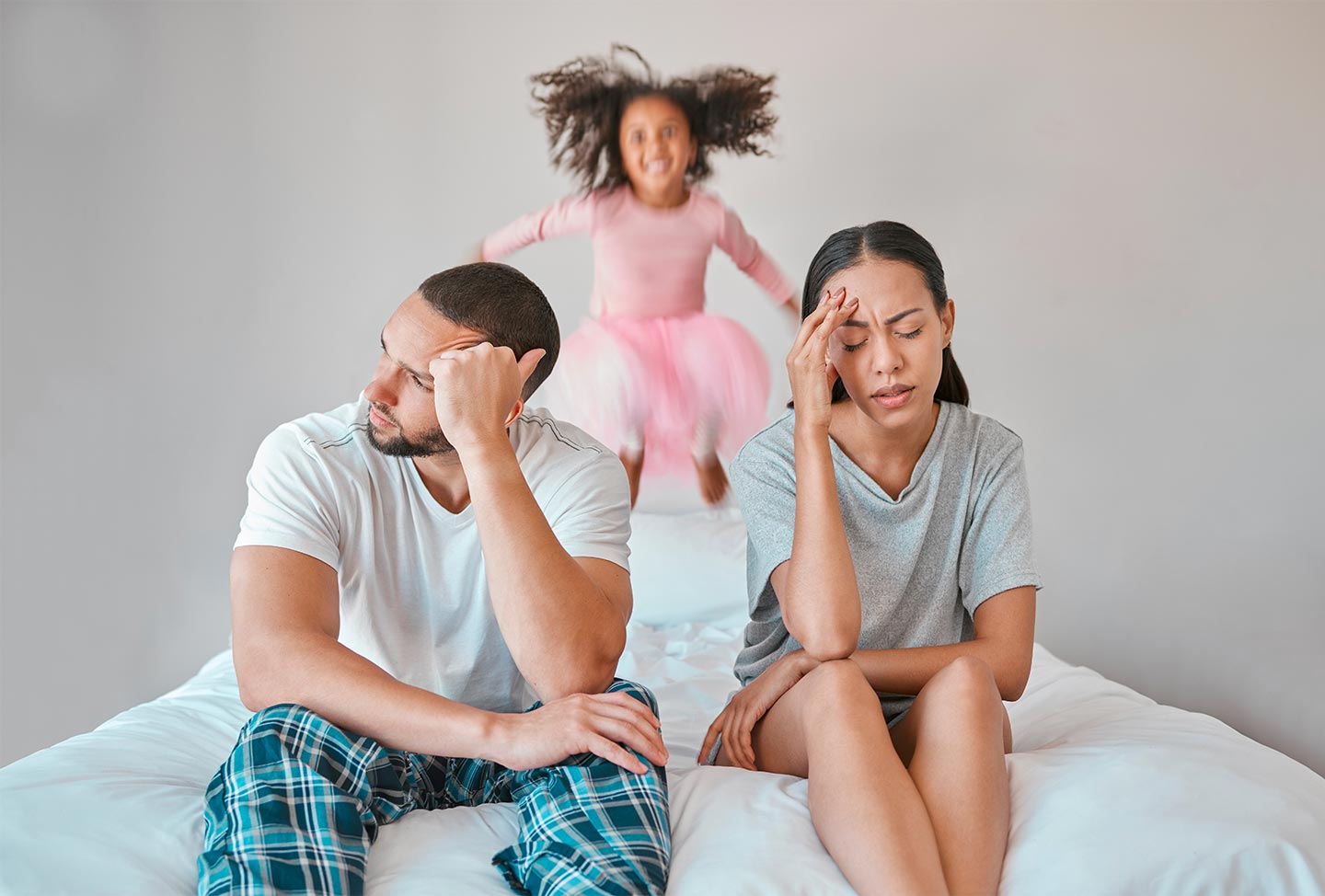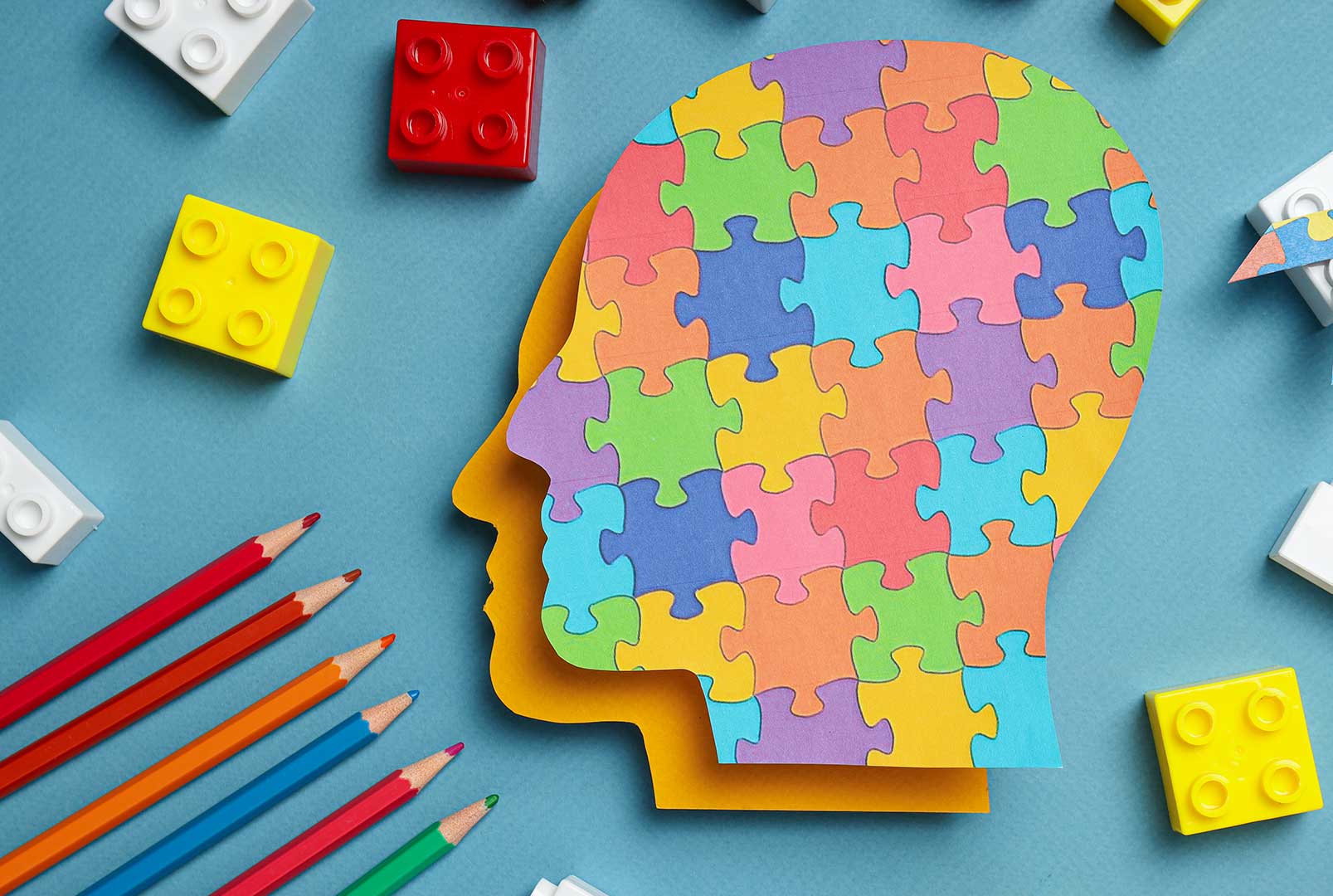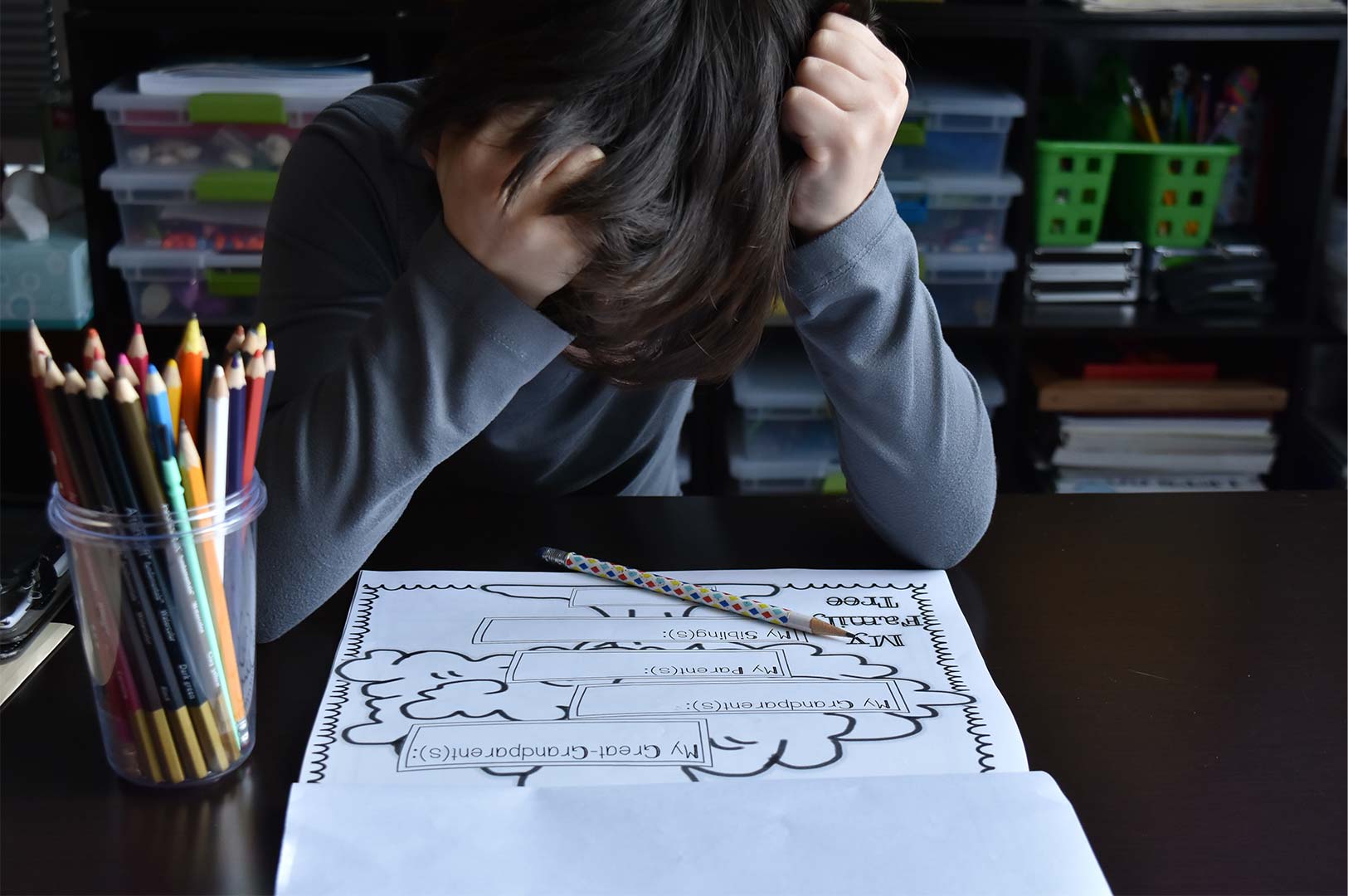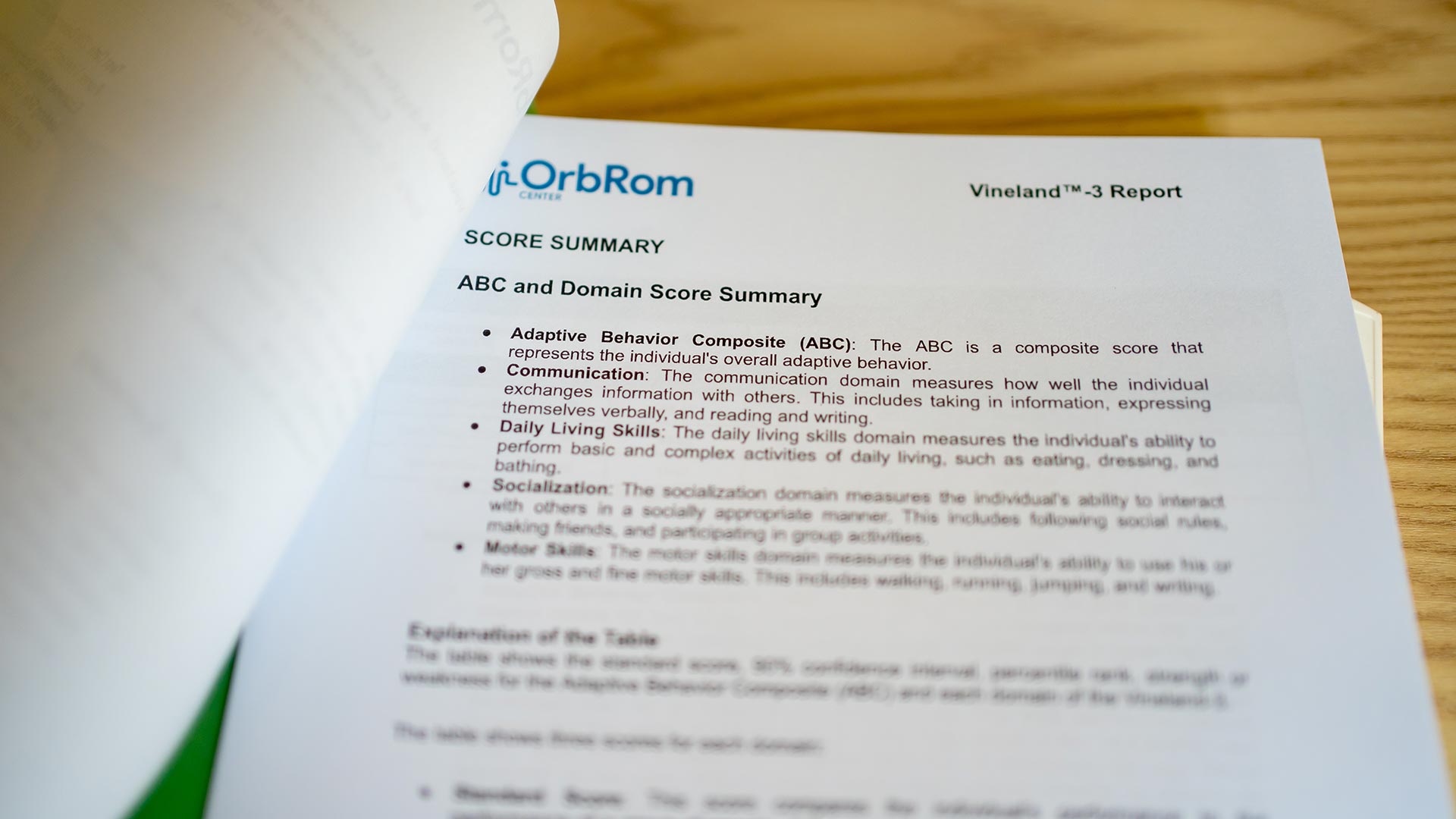People with attention deficit hyperactivity disorder (ADHD) often experience sleep problems. In fact, research suggests that up to 80% of children with ADHD have sleep difficulties. Sleep problems can also persist into adulthood for people with ADHD.
There are a number of reasons why people with ADHD may have sleep problems. One reason is that ADHD symptoms, such as hyperactivity and difficulty focusing, can make it difficult to wind down and fall asleep at night. Additionally, people with ADHD often have a delayed circadian rhythm, which means that their bodies are naturally wired to go to bed and wake up later than most people.
Another reason for sleep problems in people with ADHD is that many ADHD medications are stimulants. Stimulants can help to improve attention and focus, but they can also interfere with sleep. It is important to talk to your doctor about the best time of day to take your ADHD medication to minimize any potential impact on sleep.
Finally, sleep problems can also be a side effect of other medical conditions that are commonly associated with ADHD, such as anxiety and depression. It is important to work with your doctor to identify and treat any underlying medical conditions that may be contributing to your sleep problems.
The impact of sleep problems on ADHD
Sleep problems can have a significant impact on ADHD symptoms. When people with ADHD don’t get enough sleep, they are more likely to experience:
- Difficulty paying attention
- Hyperactivity and impulsivity
- Increased irritability and mood swings
- Difficulty controlling emotions
- Difficulty making decisions
- Poor academic or work performance
Improving sleep in people with ADHD
There are a number of things that people with ADHD can do to improve their sleep. Some helpful tips include:
- Establishing a regular sleep schedule and sticking to it as much as possible, even on weekends. This will help to regulate your body’s natural sleep-wake cycle.
- Creating a relaxing bedtime routine. This may include taking a warm bath, reading a book, or listening to calming music.
- Make sure your bedroom is dark, quiet, and cool. These conditions are ideal for sleep.
- Avoid caffeine and alcohol before bed. Caffeine and alcohol can interfere with sleep.
- Getting regular exercise, but avoiding strenuous exercise close to bedtime. Exercise can help to improve sleep quality, but it is important to avoid exercising too close to bedtime, as this can make it difficult to fall asleep.
If you are having trouble sleeping despite following these tips, it is important to talk to your doctor. They may be able to offer additional suggestions or prescribe medication to help you sleep better.
Additional tips for improving sleep in people with ADHD
- Avoid using electronic devices in the hour before bed. The blue light emitted from electronic devices can interfere with sleep.
- Create a wind-down routine before bed. This may include taking a warm bath, reading a book, or listening to calming music.
- Avoid napping during the day. Napping can make it difficult to fall asleep at night.
- See a therapist who specializes in ADHD. A therapist can help you to develop coping mechanisms for ADHD symptoms that may be interfering with your sleep.
Treatment for ADHD and sleep problems
In some cases, medication may be necessary to improve sleep in people with ADHD. There are a number of different medications that can be used to treat sleep problems, including melatonin, sedatives, and antidepressants. It is important to talk to your doctor about the best medication for you.
In addition to medication, there are a number of other treatments that can be helpful for improving sleep in people with ADHD, such as cognitive-behavioral therapy (CBT) and sleep hygiene education. CBT can help you to identify and change negative thoughts and behaviors that may be interfering with your sleep. Sleep hygiene education can teach you about the importance of good sleep habits and how to establish and maintain a regular sleep schedule.
If you are struggling with sleep problems, it is important to talk to your doctor. They can help you identify the underlying cause of your sleep problems and develop a treatment plan that is right for you.
Find out if your child needs extra support today!
- My child screams hysterically
- My child is mean to other children
- My child is always worried
- My child is scared to go to school
- My child is scared of loud noises
- My child doesn’t know how to read
- My child is scared to play outside
- My child does not respond to his name
- My child always gets in trouble
- My child fights with other children
- My child doesn’t know how to count
If you are concerned about your child’s development, contact us for Assessments: Phone/Telegram: 077.455.993 – Telegram Link: https://t.me/OrbRom
If you are concerned about your child’s development, contact us for Assessments.
Phone/Telegram: 077.455.993 Link: https://t.me/OrbRom






Leave A Comment